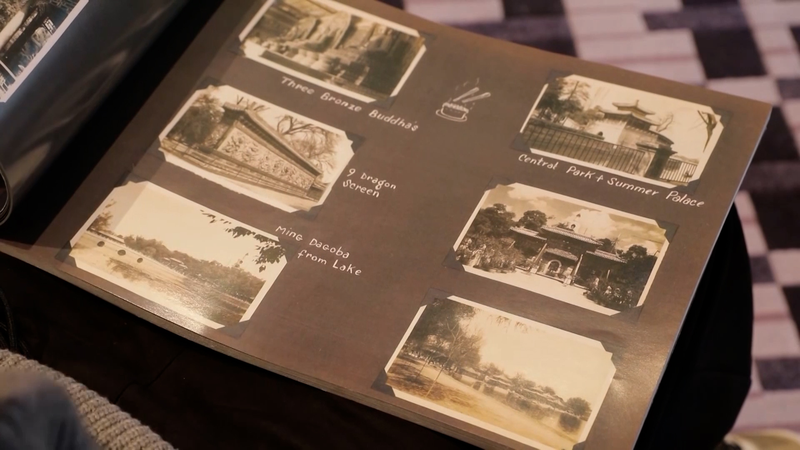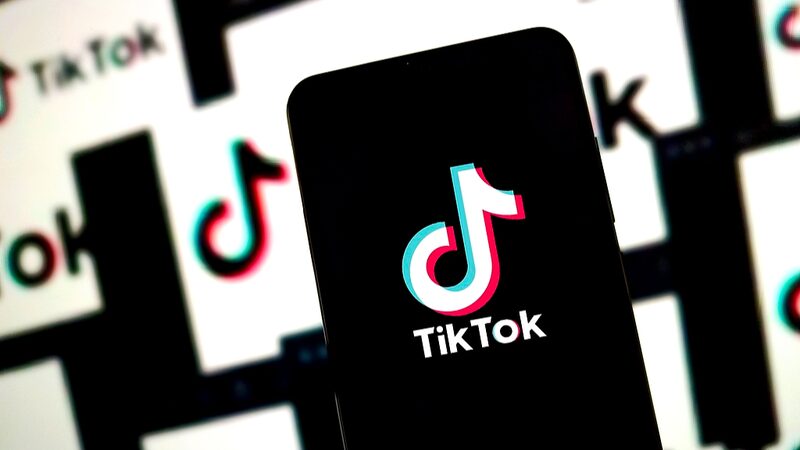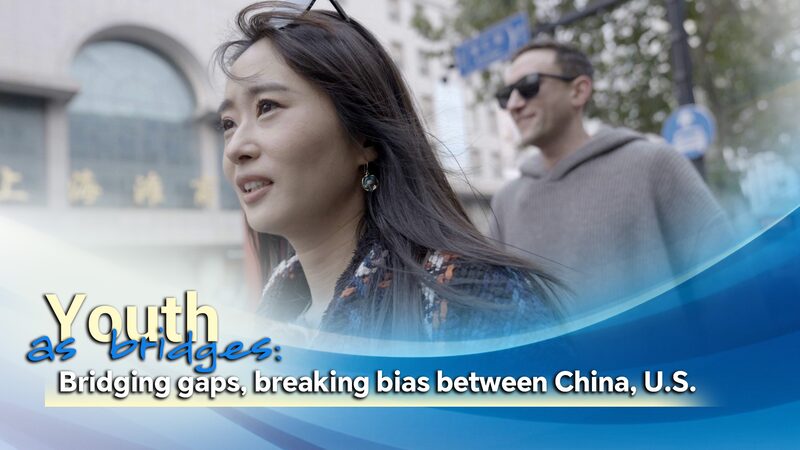When reflecting on China in 2024, one event stands out as a beacon of hope in bridging cultural divides between China and the United States. In November, American social media influencer and collectibles shop owner Evan Kail traveled to China to experience the country firsthand, fostering connections between young people from both nations.
Known online as Pawn Man, Kail’s journey began two years prior when a customer brought him a World War II-era photo album documenting Japan’s invasion of China. He shared a TikTok video about the album, which quickly went viral, attracting global attention and sparking widespread discussions.
“At first, I was hailed as a hero after claiming to have uncovered unseen evidence of the Nanjing Massacre, an event in 1937 that historians have rightly dubbed a ‘forgotten holocaust.’ But within 48 hours, the tide turned, and I found myself branded as a hoaxer. Speculation about my ‘sinister’ intentions ran rampant. People said I was using a war crime to fuel my own fame,” Kail recalled.
Despite the controversy, Kail remained committed to honoring the historical significance of the album. Two months later, he donated it to the Consulate General of China in Chicago. In recognition of his gesture, he was presented with Chinese national gift porcelain as a token of appreciation. This honor places him alongside Henry Norman Bethune and John Rabe as one of only three individual foreigners to receive China’s national gift.
Kail’s visit to China symbolizes the potential for youth to act as a bridge between nations, breaking down biases and fostering mutual understanding. His story highlights the impact that individual actions can have on international relations, especially when driven by a desire to connect and learn.
In an era where geopolitical tensions often dominate headlines, stories like Kail’s serve as a reminder of the power of personal connections and cultural exchange. As more young people engage with one another across borders, there is hope for a future where understanding and cooperation prevail.
Reference(s):
Youth as a link: Bridging gaps, breaking bias between China, U.S.
cgtn.com



